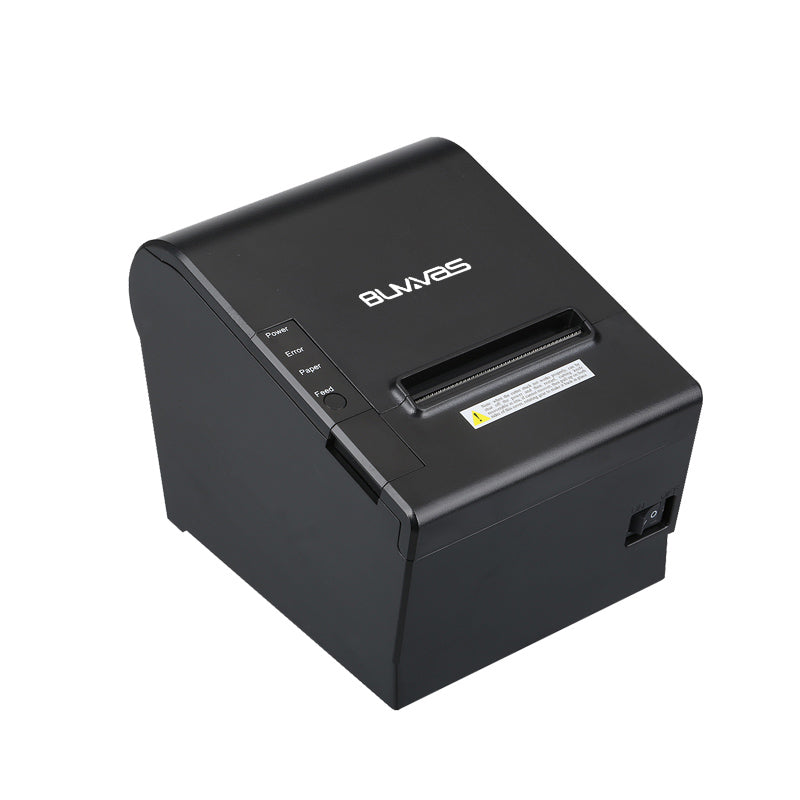
The Rise of QR Codes in 2025: What It Means for Traditional Barcode Scanners
Share
The Rise of QR Codes: What It Means for Traditional Barcode Scanners
In the rapidly evolving world of digital commerce, contactless technology, and instant data sharing, QR codes have emerged as a powerful tool. From restaurant menus to payment gateways and product tracking, QR codes are everywhere—and their popularity is rising even faster in 2025.
This digital surge naturally raises a critical question: What happens to traditional barcode scanners? Are they becoming obsolete, or will they adapt to the new normal?
In this blog, we’ll explore the rise of QR codes, their advantages, and the evolving role of traditional barcode scanners in this new technological landscape.
Understanding QR Codes vs Traditional Barcodes
Let’s start with the basics.
➤ Traditional Barcodes
Traditional barcodes—often known as 1D barcodes—are the black-and-white vertical lines found on product packaging. These codes store a limited amount of data and typically require traditional barcode scanners to read them. They’re widely used in retail, logistics, healthcare, and manufacturing.
➤ QR Codes (Quick Response Codes)
QR codes, on the other hand, are 2D matrix barcodes that can store significantly more information, including URLs, product details, and contact information. More importantly, QR codes can be scanned using smartphones, making them incredibly accessible.
Why QR Codes Are on the Rise
Here are some of the main reasons why QR codes are dominating the tech and business ecosystems in 2025:
1. Mobile-First World
Consumers now expect to perform everything—payments, browsing, customer feedback—through their phones. QR codes allow instant mobile interactions, from paying bills to opening product pages.
2. Contactless Is the New Norm
COVID-19 catalyzed a shift toward contactless technologies. QR codes eliminate the need for physical interaction, making them a hygienic and user-friendly choice.
3. E-commerce & Omnichannel Retailing
QR codes offer flexibility to bridge the gap between offline and online experiences. Retailers are embedding QR codes on physical products that link directly to websites, promotions, or augmented reality experiences.
The Evolving Role of Traditional Barcode Scanners
Despite the rise of QR codes, traditional barcode scanners aren’t disappearing overnight. They still hold crucial value, particularly in industries that require speed, accuracy, and inventory control.
Here’s how traditional barcode scanners continue to adapt:
1. Hybrid Scanners Are Becoming Standard
Modern barcode scanners now come equipped to read both 1D and 2D codes, including QR codes. These hybrid models ensure that businesses can support legacy systems while embracing the future.
2. Industrial Use Still Prefers Traditional Barcode Scanners
Warehouses, logistics firms, and manufacturers rely on fast, precise scanning of linear barcodes. In these settings, traditional barcode scanners offer superior speed and reliability.
3. POS Terminals Still Depend on Linear Codes
In many retail environments, especially those that haven’t transitioned fully to digital payments, products still come labeled with traditional barcodes. Scanning with handheld traditional barcode scanners remains an everyday requirement.
QR Codes vs Traditional Barcode Scanners: A Feature Comparison
| Feature | QR Codes | Traditional Barcode Scanners |
|---|---|---|
| Data Capacity | High (up to 7,000 characters) | Low (up to 20–25 characters) |
| Scanning Device | Smartphone or 2D scanner | Dedicated barcode scanner |
| Internet Integration | Direct linking (e.g., URLs) | Limited |
| Use Case | Payments, digital menus, info | Retail checkout, inventory, ID tags |
| Cost to Implement | Low (printable) | Medium (hardware investment) |
Industry Impact: How Businesses Are Adapting
Retail
Retailers are adopting a dual strategy, using traditional barcode scanners at checkout stations and deploying QR codes for marketing, self-checkout, and mobile payments.
Healthcare
Hospitals and clinics still use traditional barcode scanners for patient ID, medication tracking, and inventory management. QR codes are being explored for patient portals and check-in systems.
Logistics
Warehouse operations still rely heavily on traditional barcode scanners for their ruggedness, long scanning range, and ability to process hundreds of items per hour.
Restaurants
The hospitality sector has embraced QR codes for menus and ordering. However, back-end operations like inventory management still rely on barcode scanners.
The Future: Are Barcode Scanners Becoming Obsolete?
Absolutely not. Instead of a “QR vs Barcode” battle, the trend is toward coexistence and convergence.
Here's why:
- Many products still come with linear barcodes by default.
- Businesses need backward compatibility.
- Dedicated traditional barcode scanners offer durability that smartphone scanning doesn’t.
Instead of being replaced, traditional barcode scanners are evolving to support QR codes and other 2D formats.
How to Prepare Your Business
Here’s how you can adapt your business for the future of scanning:
1. Invest in Hybrid Barcode Scanners
Upgrade to devices that support both 1D and 2D code scanning. This ensures your business is future-ready without sacrificing current operations.
2. Use QR Codes for Engagement
Start placing QR codes on invoices, packaging, and store displays to engage customers in loyalty programs, reviews, or product details.
3. Integrate with Mobile POS Systems
Use QR codes for seamless mobile payments while keeping traditional barcode scanners for quick checkouts and inventory management.
4. Train Staff
Ensure your team understands when to use QR codes and when traditional barcode scanners are the better option.
Final Thoughts: Embracing Both Worlds
QR codes are transforming how we interact with digital content and physical products. Their growth is undeniable. However, traditional barcode scanners continue to play a vital role in operational efficiency, speed, and durability.
The key is not to choose between the two—but to integrate both. A hybrid strategy allows businesses to serve tech-savvy customers while maintaining process efficiency and compatibility.
Need Barcode or QR Scanning Solutions?
At Buvvas, we offer a wide range of traditional barcode scanners and hybrid devices that can future-proof your POS system. Whether you're a retailer, wholesaler, or logistics firm, our billing and scanning solutions ensure accuracy, speed, and long-term reliability.

